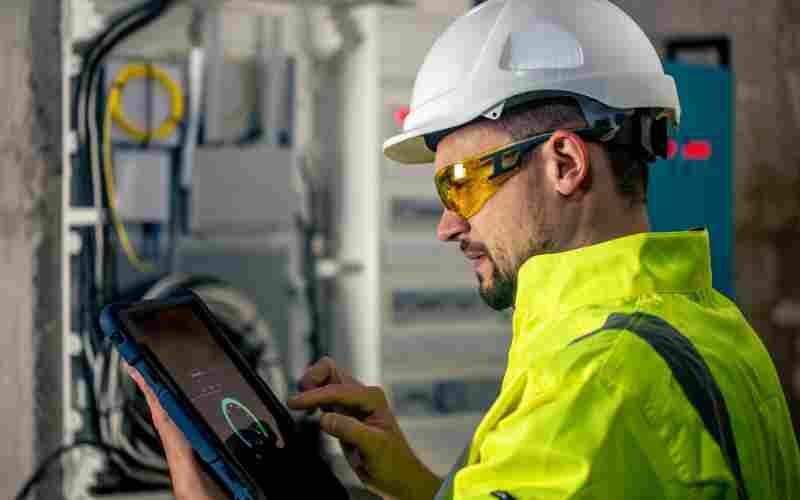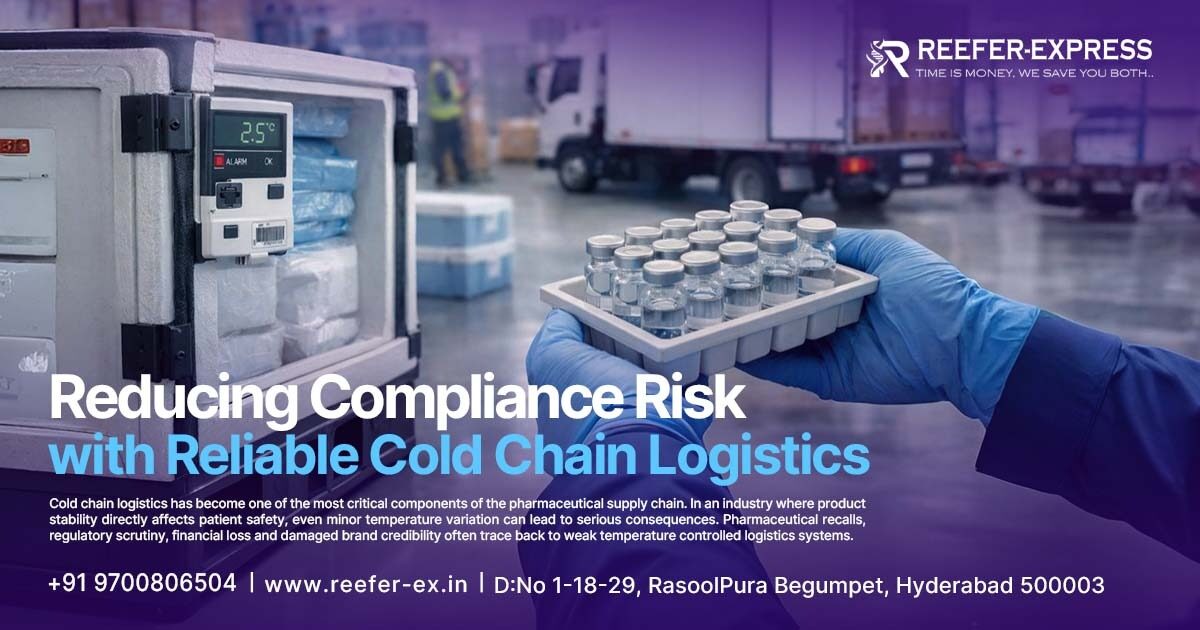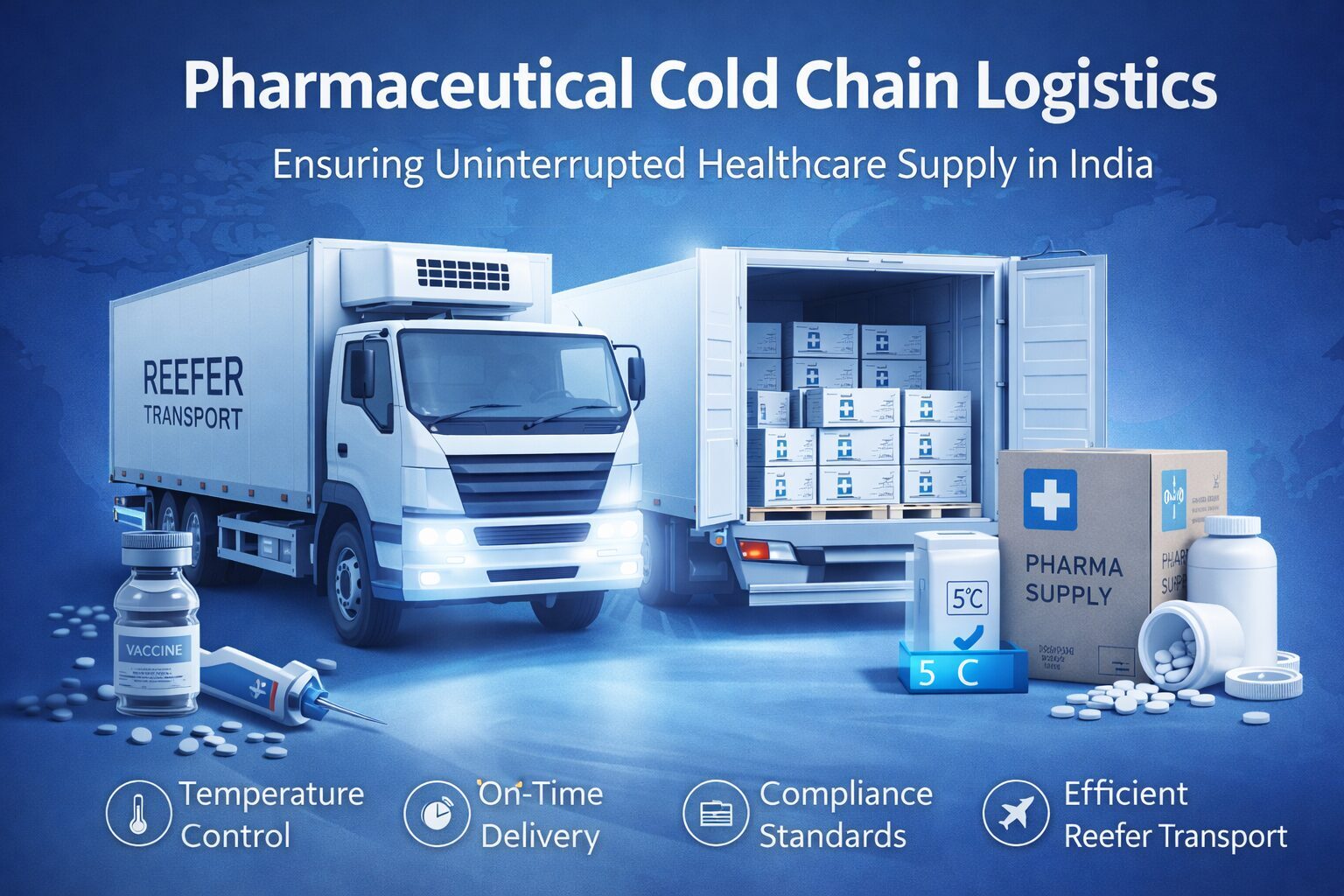A data logger is like a special thermometer that records temperature while things are moving. People also call it a digital data logger, a temperature monitor, and other names.
Data loggers are really important for keeping things cold when they’re being transported. They can tell you right away if the temperature is not right for your cold stuff. They’re like a helpful alarm that says, “Hey, it’s getting too warm in here!”
Just using cool boxes isn’t enough to make sure your sensitive stuff stays safe and chilly during shipping, storing, and showing off. Data loggers are like detectives that help you check and fix your entire cold system.
Have you ever wondered what happens to your temperature-sensitive stuff after it leaves your warehouse? Or how well they’re kept in airplanes or shipping containers? Data loggers can give you the answers to these questions and help you follow the rules.
To sum it up, data loggers are like superheroes for the cold supply chain. They keep everything cool and tell you when things get too warm!
Data Loggers: What They Measure and Monitor
Data loggers are like high-tech detectives who check and report what’s happening in the cold supply chain. They measure and keep an eye on:
- Temperature (how hot or cold things are)
- Humidity (how much moisture is in the air)
- Air pressure, flow, and quality (the air’s strength and cleanliness)
- Light and light exposure (how much light something gets)
- Shock, impacts, and drops (if things get bumped or fall)
This information helps you see in real time what your sensitive stuff is going through during its journey in the cold supply chain.
It’s important to choose the right data logger for your products and the places they go, like shipping, storage, and displays.
For instance, there are one-time-use data loggers that last for 90 days. They’re great for sea containers, long trips, and packages. Then, there are reusable data loggers that can keep track of temperature for up to a year. They’re usually used for keeping a close eye on things and for checking if equipment is working properly.
You can use data loggers for lots of things, like:
- Making sure the cold supply chain works well
- Checking the temperature in cold rooms
- Testing and making sure equipment is good to go
- Studying the weather
- Keeping an eye on soil conditions for farming
- Monitoring heating and cooling systems
- Watching over historical things like old objects
- Keeping data centers in check
- Measuring temperature for science and labs
Data Loggers in Cold Chain Management
Technology is crucial for keeping temperature-sensitive products safe as they move through the cold chain. This includes monitoring temperature, cold chain logistics, movement, delivery, and security.
Data loggers are like the heroes in this process. They help make sure temperature-sensitive products stay safe and meet the right standards. Without data loggers, it’s like trying to solve a puzzle without all the pieces.
Using data loggers from the start of making a product to delivering it to customers gives you the information you need to make smart choices about protecting your products.
The data collected as your products travel through the cold supply chain can be used to create better products, improve packaging, and reduce costs by changing how products are shipped, stored, and delivered.
Essential Data Logger Features for Cold Chain Monitoring
When it comes to keeping a close eye on the cold supply chain, a good data logger should have these nine important features:
- Multiple Sensors: It needs various sensors to measure things like temperature, air quality, air pressure, humidity, and shock pressure.
- Bluetooth and IoT Connectivity: This helps it stay connected and gives you real-time updates, alerts, and analysis.
- Customizable Sampling: You should be able to set how often it checks the temperature based on the type of product you’re shipping.
- Advanced Temperature Measurement: It should be really good at measuring even tiny changes in temperature and recording them.
- Time-Stamped Reports: The data logger should make reports that show when things happened and include other info like location, temperature, humidity, and more.
- Customizable Alarms: You can set up alarms for when things go wrong, like if the temperature goes out of range, or if there are pressure changes or if something falls.
- Easy Access: You should be able to see the data without opening the package or doing a lot of manual work.
- Secure Data Sharing: Your data should be kept safe and private, and you should be able to access it from far away.
- GDP Regulation Compliance: It should follow the rules and standards for handling temperature-sensitive products.
Using Data Loggers to Safeguard Temperature-Sensitive Products
Keeping temperature-sensitive products safe in the cold supply chain is a big deal. When things go wrong, it can cause a lot of problems:
- Health Risks: Ruined vaccines and medicines can harm people’s health.
- Business Troubles: It can cost a lot of money and damage a company’s reputation.
- Food Shortages: We may not have access to healthy food.
Data loggers are as important as other tools like special coolers, fridges, and packaging for the cold supply chain. They help you understand if everything is working as it should.
A modern data logger gives you the information you need to reduce these risks:
- Equipment and Packaging Issues: It helps you spot problems with your equipment and cold chain packaging, which are the biggest risks to your cold chain products.
- Regulatory Hurdles: Knowing the rules and having the right documents is crucial to avoid delays at customs. Data loggers can help with this.
- Disasters and Threats: When bad things happen, like disasters or power outages, your data logger can show you what’s going on with your products.
- Chain Breaks: If things go wrong during shipping or storage, your data logger will tell you where the problems are.
- Human Mistakes: Human errors are a big risk. Data loggers can alert you when things are mishandled. But it’s also important to make sure people handling your products know what they’re doing.
At Reefer Express, we focus on creating affordable ways to protect temperature-sensitive products with cold chain packaging. We want to share our knowledge about the cold supply chain and how data loggers can help you manage it. Stay updated with our blog to learn more about securing the cold supply chain and maintaining the safety and quality of your products






